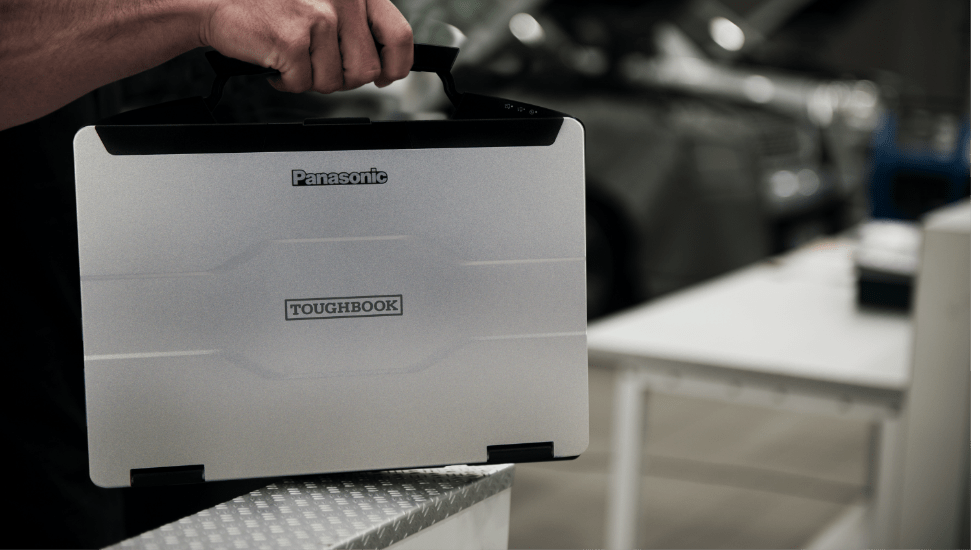MIL-STD-810G is a military standard that specifies how equipment should perform under various environmental conditions, such as temperature, humidity, shock, vibration, dust, rain, and more. It is not a certification, but a set of guidelines and test methods that manufacturers can use to design and test their products.
MIL-STD-810G is important for several reasons:
- It ensures that equipment can withstand harsh environments and operate reliably in the field.
- It helps customers compare and evaluate different products based on their performance and durability.
- It demonstrates the quality and reliability of the products and the reputation of the manufacturers.
How to Test Products According to MIL-STD-810G
MIL-STD-810G consists of 28 test methods, each covering a specific environmental condition. However, not all test methods are applicable to every product. Manufacturers need to select the relevant test methods based on the intended use and environment of their products.
The test methods are divided into two categories: laboratory tests and field tests. Laboratory tests are conducted in controlled settings using specialized equipment and instruments. Field tests are conducted in natural or simulated environments using actual or representative samples.
The test methods also have different levels of severity, ranging from low to high. Manufacturers need to choose the appropriate level of severity based on the expected exposure and stress of their products.
How to Interpret the Results of MIL-STD-810G Testing
MIL-STD-810G testing does not guarantee that a product will work flawlessly in every situation. It only indicates that a product has met or exceeded the minimum requirements of the selected test methods and levels of severity.
The results of MIL-STD-810G testing should be interpreted with caution and context. Some factors that may affect the interpretation are:
- The scope and limitations of the test methods
- The accuracy and validity of the test data
- The variability and uncertainty of the test conditions
- The similarity and difference between the test environment and the actual environment
- The interaction and influence of other environmental factors
How to Choose Products that Meet MIL-STD-810G Standards
MIL-STD-810G testing is not mandatory for military or civilian products. It is up to the manufacturers to decide whether to conduct the testing and how to report the results. Therefore, customers need to be careful and critical when choosing products that claim to meet MIL-STD-810G standards.
Some tips for choosing products that meet MIL-STD-810G standards are:
- Verify the source and credibility of the test results
- Check the details and specifications of the test methods and levels of severity
- Compare the test results with other similar products and competitors
- Consider the relevance and applicability of the test results to your needs and expectations

